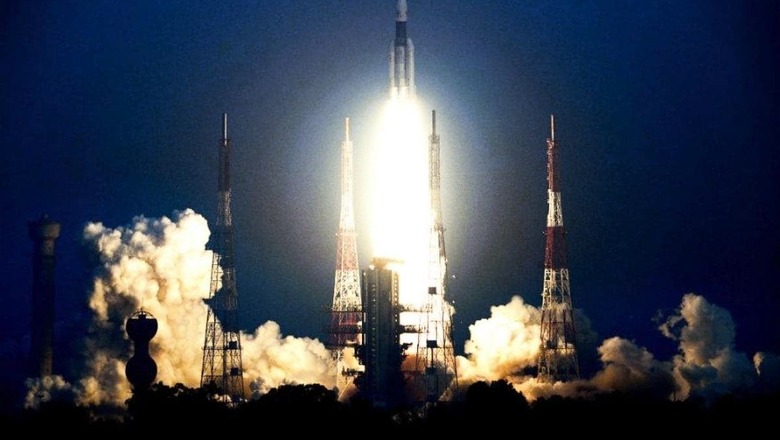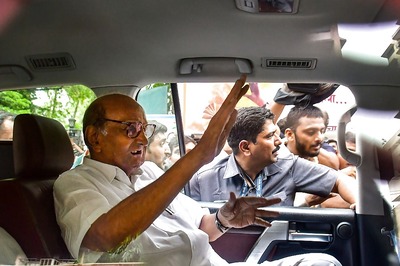
views
India is one of the major members of space missions around the world, with the Indian Space Research Organisation (ISRO) leading the nation to the pioneering Mangalyaan and Chandrayaan space missions already. Naturally, there is significant interest in this sector, and this month, two major updates have come from the space sector in India. The first pertains to India’s first private space startup agreement with ISRO, while the second affirms the impact that the coronavirus pandemic has had across industries as ISRO announced a delay in its trial missions for Gaganyaan – India’s first human spaceflight project.
Department of Space has entered into a Non Disclosure Agreement (NDA) with M/s Agnikul Cosmos Pvt. Ltd, a Chennai based start-up company on December 03, 2020#INSPACe #AgnikulCosmos #ISROFor details visit: https://t.co/kjYwOSnr8A pic.twitter.com/L4bcmL73B8
— ISRO (@isro) December 3, 2020
Agnikul and ISRO’s agreement
Earlier this month, on December 3, Chennai-based startup Agnikul Cosmos announced that it has signed a non-disclosure agreement with India’s premier space organisation, ISRO, to help develop the nation’s first privately developed and operated small satellite launch vehicle. The latter, which the startup calls Agnibaan, will gain a considerable edge by drawing technical expertise from ISRO, along with ISRO’s facilities, in its endeavours.
The announcement is the first of its kind after the Indian government opened up the space sector for private players and set up IN-SPACe, a regulatory body that will oversee private company participation in India’s space sector. The Agnibaan launch vehicle will operate only for small satellite launches, and uses a semi-cryogenic engine at its core. Its satellite payloads can extend to a maximum of 100kg, and it can deploy these satellites in low-Earth orbits between 160km and 1,000km above Earth.
A Bloomberg-Quint report states that Agnikul has already raised $4 million, or close to Rs 30 crore, from various investors across two funding rounds. It also states that ISRO, along with the startup, will collaboratively work towards developing the Agnibaan launch vehicle and ready it for launch by as early as 2022.
ISRO Gaganyaan delay
While Agnibaan’s 2022 launch timeline came as a boost for the startup, ISRO itself has announced that the Covid-19 pandemic has caused a delay in its Gaganyaan mission’s initially targeted launch timeline. ISRO chief K. Sivan stated to the PTI that Gaganyaan is among one of its key missions that are being delayed due to Covid-19. Among other ISRO projects that are facing a delay due to Covid-19 is Aditya-L1, India’s first mission to the sun.
Sivan has stated that while the first of the two uncrewed trial missions for Gaganyaan were scheduled for December 2020, that is now being rescheduled to “some time next year-end, or the subsequent year.” This essentially means that the first trial mission for Gaganyaan may now be undertaken only some time in 2022. The initial timeline laid out for Gaganyaan targeted the first trial launch in December 2020, followed by the second trial mission in June 2021.
The first human spaceflight mission under Gaganyaan was expected to create history and take off by the end of 2021. That timeline now looks set to be delayed until at least the end of 2022, or even beyond. Such delays, though, are not unnatural in the space sector. Given the sensitivity of these projects, coupled with the need for ultra high precision engineering, space missions often see certain delays that extend well beyond just one year.
All things considered, 2022 appears to be a potentially vital year for India in space, where both its first human spaceflight and its first private spaceflight may take place.
Read all the Latest News, Breaking News and Coronavirus News here




















Comments
0 comment